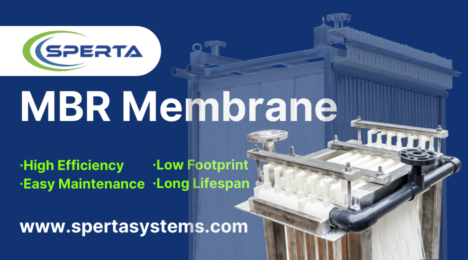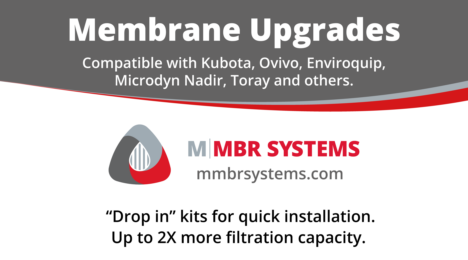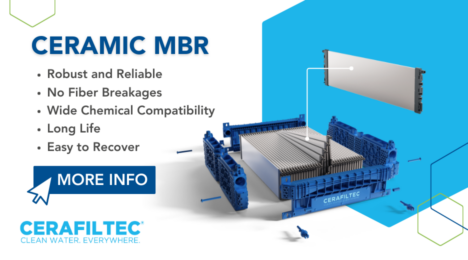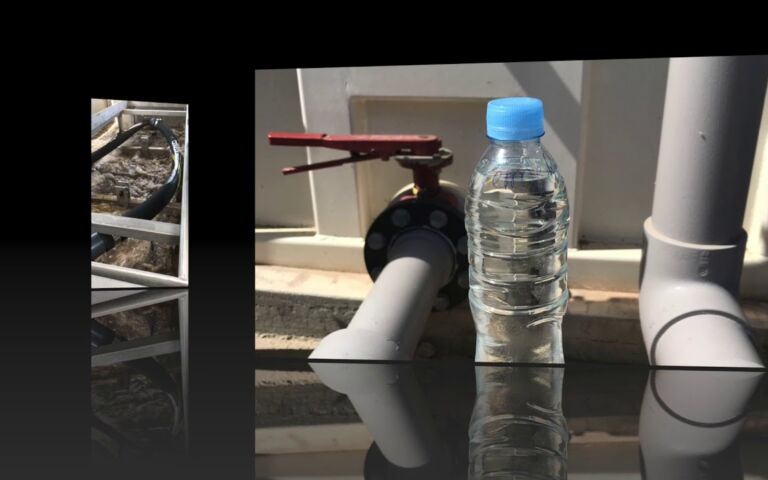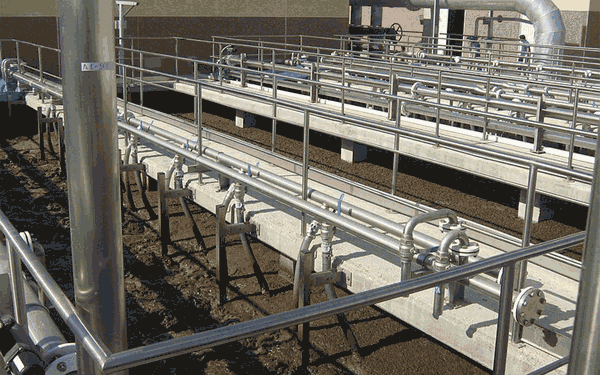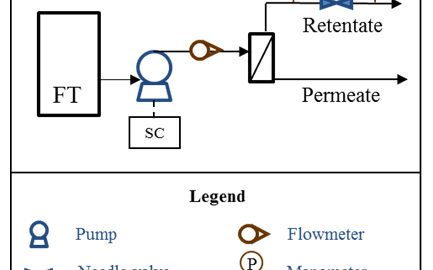Well, whadd’ya know?! The theory and practice of MBR knowledge

Simon Judd has over 35 years’ post-doctorate experience in all aspects of water and wastewater treatment technology, both in academic and industrial R&D. He has (co-)authored six book titles and over 200 peer-reviewed publications in water and wastewater treatment.
Within the murky world of MBR wastewater treatment consultancy, I often find myself chewing the fat with colleagues. Conversations encompass a broad range of topics: novelty in design, cost (that's a bit of a favourite, that one), implementation, process instrumentation and control, general equipment specification, commercial membrane technologies (another favourite), and civils and M&E contracting, to name but a few.
But one thing that’s almost guaranteed is that, at some point, one of us will say, ‘they were trying to operate it at ...’ followed by some technical detail or other demonstrating a profound lack of understanding of biological process and/or membrane technology fundamentals.
I recall − and we're going back more than a quarter of a century here − being taught the basics of parachute jumping by a member of the British Armed Forces. When he discovered I was completing a PhD at the time, he launched into a tirade against tertiary education, declaring, ‘too much knowledge is a dangerous thing’.
Now is probably an appropriate time to draw the distinction between ignorance and stupidity. Ignorance results from a lack of knowledge – through not being taught something. Stupidity, on the other hand, reflects a command of the subject which is either misused or ignored.
Is too much knowledge really dangerous? Surely any number of tragic, catastrophic events demonstrate precisely the opposite. Would it have been too much knowledge for the operators of the Piper Alpha oil platform to know that there was some essential maintenance work being undertaken on one of the high-pressure condensate pumps when the alternate pump was switched on? Would it have been too much knowledge for the workers at Union Carbide India Limited to have been informed that the ten-fold increase in tank pressure, caused by the leakage of water into a tank of methyl isocyanate, was not just an instrument malfunction? These incidents were both caused by what today would be considered appalling lapses in basic safety protocols, but can ultimately be attributed to ignorance − and certainly not stupidity.
Clearly, then, it is critical that those responsible for operating such facilities are trained in full and have the appropriate knowledge to do their job safely and efficiently.
So, in the perhaps more mundane world of wastewater treatment, what constitutes sufficient knowledge to operate a wastewater treatment plant?
Having had the very real pleasure of conversing with a great number of process operators over the past 15−20 years, it’s been very clear that they all have specialist knowledge of the individual installation they operate. These operators have shown themselves to be adept at identifying specific aspects of the design that are constraining operation in some way. On a practical level, their knowledge is second to none.
On the other hand, from the same personal experience, if any of the same operators are quizzed about possibly more theoretical aspects of basic design or O&M data − such as the flux or the sludge age – the chances are they won't know. But once it’s been explained, I've yet to come across any operator unable to grasp the significance of these parameters, and in what way they relate to how the plant is operated.
It could be argued – pretty persuasively – that such knowledge is of little use in going about the day job, but sometimes a little more theoretical knowledge helps to put things in context. Sure, too much knowledge may be unnecessary, but dangerous? Maybe not.
It could be said (and who am I to argue) that academic researchers sit at the opposite end of the scale to the process operators, but there are actually distinct similarities with their practitioner counterparts.
A researcher who spends 3−5 years studying a single aspect of a process technology such as membrane fouling or process biochemistry affords the same deep insight into these topics as the process operators have for their installations. But, outside of this very specific sphere of knowledge, they’ll most likely be as constrained as their practitioner counterparts. There is, after all, little to be gained from an extensive practical knowledge of plant operation if you’re motivated solely by getting a paper published in Water Research or Environmental Science and Technology.
Ask a researcher what limits MBR performance in practice, and many will answer ‘membrane fouling’. This response fails to take into account the causal relationships and practical elements that the operator is all too familiar with: things like the impacts of pre-treatment, hard-wired process control programming, liquid and air flow equalisation, foaming or equipment maintenance scheduling.
And all this is fair enough – why should academics need to have any broad practical knowledge of the subject if their purpose is to further knowledge in a very highly specialised area?
The world, it seems, turns based on people knowing what they need to know to do their job, and in many respects the boundaries between theory and practice remain pretty solid. But, sometimes it’s only by knowing why things work the way they do, perhaps taking account of both practical and theoretical knowledge, that it’s possible to make a reasonable judgement on what should be done. Theory and practice will always both be essential, and maybe more needs to be done to ensure a free flow of information and knowledge between the two.
In the meantime, there’s always consultants.



